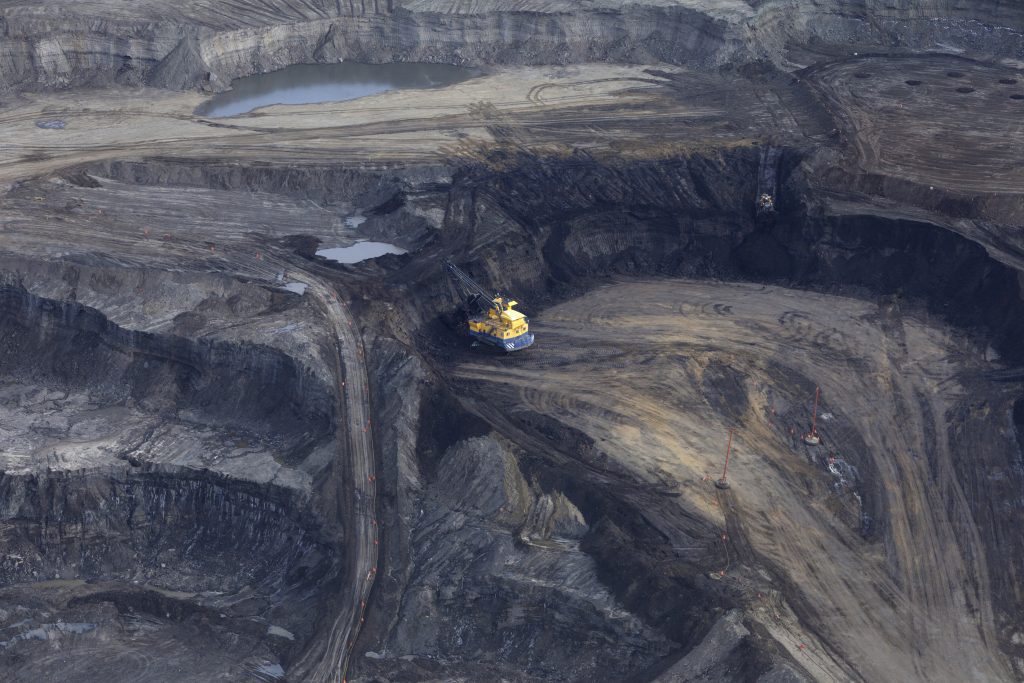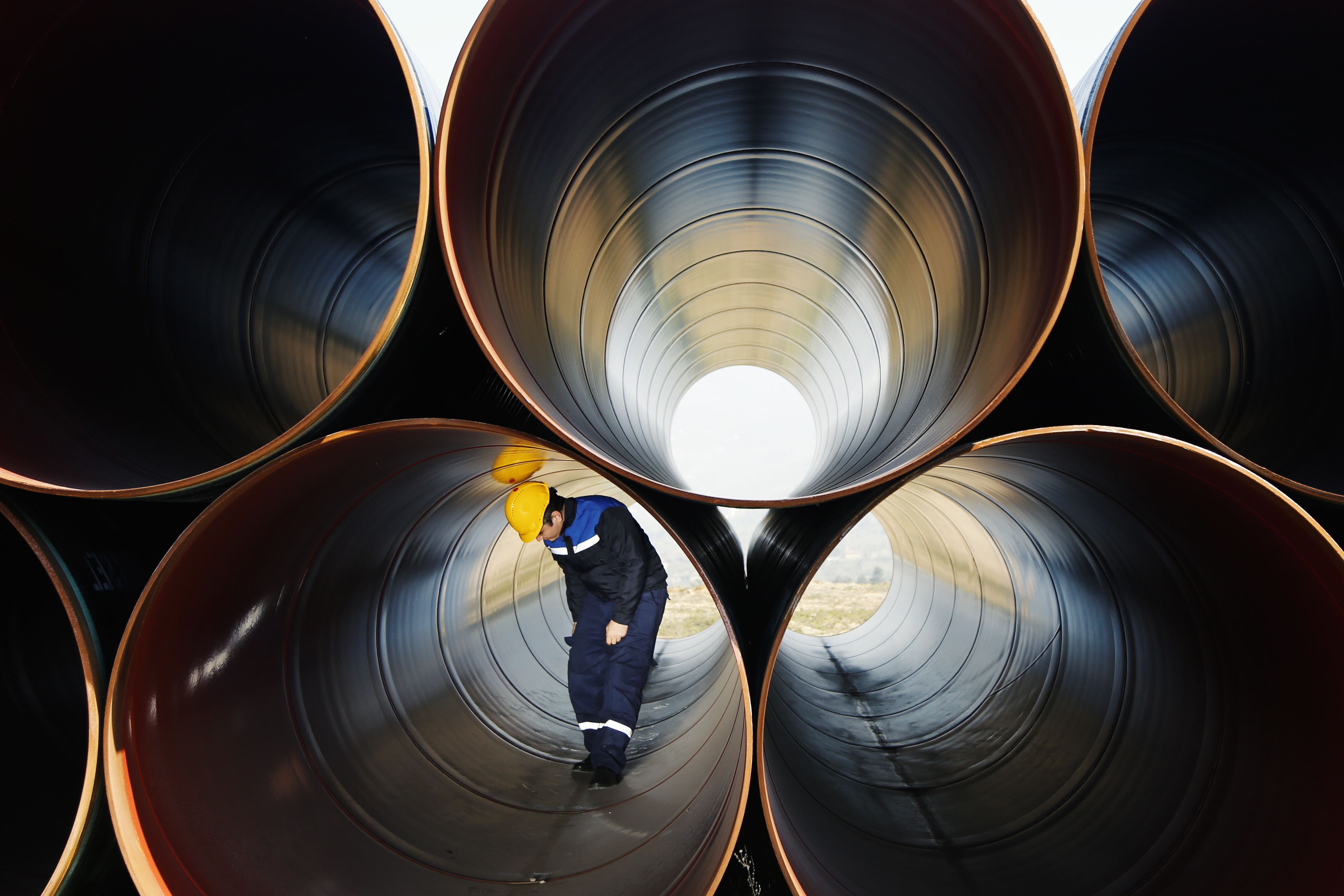Alberta Premier Jason Kenney says that approving the Teck mine will be an economic boon, but is that the case? Let’s dig into this assertion.
When making decisions about massive new projects that will disrupt thousands of hectares of forest, add to carbon emissions and be active for four decades, citizens should expect their governments to use the best available information. In the case of Teck Resource’s proposed new oil sands project, that means recognizing that the economic case for their massive Frontier mine is based on fantasyland estimates of future oil prices.
Fantasy oil prices
New research from the Institute for Energy Economics and Financial Analysis (IEEFA) shows the federal-provincial Joint Review Panel (JRP) recommended approval of the Frontier mine based on Teck’s assertion that its project would only be viable if oil prices exceed $95/barrel “for years to come”, which is least $25/barrel higher than almost all other oil market projections.
But the review panel accepted this premise. So now the decision has moved to Cabinet, and the question is: will they ignore the facts and green light this project in a misguided effort to mollify Premier Kenney, or finally make the investments necessary to help Alberta wean itself off its addiction to perpetual growth of oil production?
In reality, these predicted prices are much higher than those that we have seen in years, higher than Teck itself predicts when reporting to shareholders, and far above those made by all the major global oil companies in their long term forecasts where price estimates hover in the $60-$70 barrel range.
The predicted shortfall in future oil prices is critical to assessing the viability of the Frontier mine because the economic benefits of the project – profits, royalties, taxes and jobs – are all based on revenues that would only appear at oil prices of $95/barrel or greater.

Will Canadians be on the hook to subsidize a failing oil sands mine?
This raises many questions– what happens if this project is approved based on a demonstrably faulty economic premise? Will it get partly underway, hire staff, dig up the boreal forest, build infrastructure and then come grinding to a halt when oil prices stay flat? Do all of us then get bullied into another federal government hand-out to rescue a white elephant that has no prospect of market viability? All because it has become too big to be allowed to fail? And what about the projected $3 billion that it will cost for reclamation of the land? Will that also get handed off to taxpayers – who are already facing oil sands and oil well reclamation costs estimated as high as $260 billion?
The Frontier mine is an example of old-style thinking in a time of rapid transition to a cleaner energy world. Betting on high oil prices when we know that demand must fall is just making false promises to Alberta workers who deserve real opportunities.
New industries and new opportunities needed for Albertans
However, workers in Alberta are right that just saying no and walking away is not the answer either. The federal government must make financial investments in Alberta because workers there are exposed to a rapidly changing energy market and are justifiably worried. But those investments should be aligned with the best thinking on what kind of future energy system we must create.
For example, our US neighbours, and many other Ring of Fire countries, are investing in geothermal electricity generation. Over 3400 MW of capacity are already operating in the US. Alberta’s geology is similar and the technology to build geothermal plants is well understood. Investment has stayed away in Canada so far because searching for areas where sufficiently hot rocks can be predictably found is expensive.
Mapping this resource is a job for government. As significant government research and investment turned the oil sands from a collection of tarry outcrops on the Athabasca River into an industry that was able to attract private dollars, so it could lead the way on geothermal. It is also clear that drilling wells and building pipes to generate the masses of electricity that North America will soon need is a job well aligned with the expertise and skills of many current oil workers.
The federal Cabinet should think hard about what really would help Albertans before it listens to Premier Kenney’s siren song demanding approval of yet another mega oil sands mine in a time of climate crisis and rapidly changing energy demand. Alberta workers need someone strong on their team and Prime Minister should show he’s willing to go to bat for their future.
You can help stop this project. Tell the federal government to choose the climate, environment, and Indigenous rights over another hugely destructive tar sands project.








